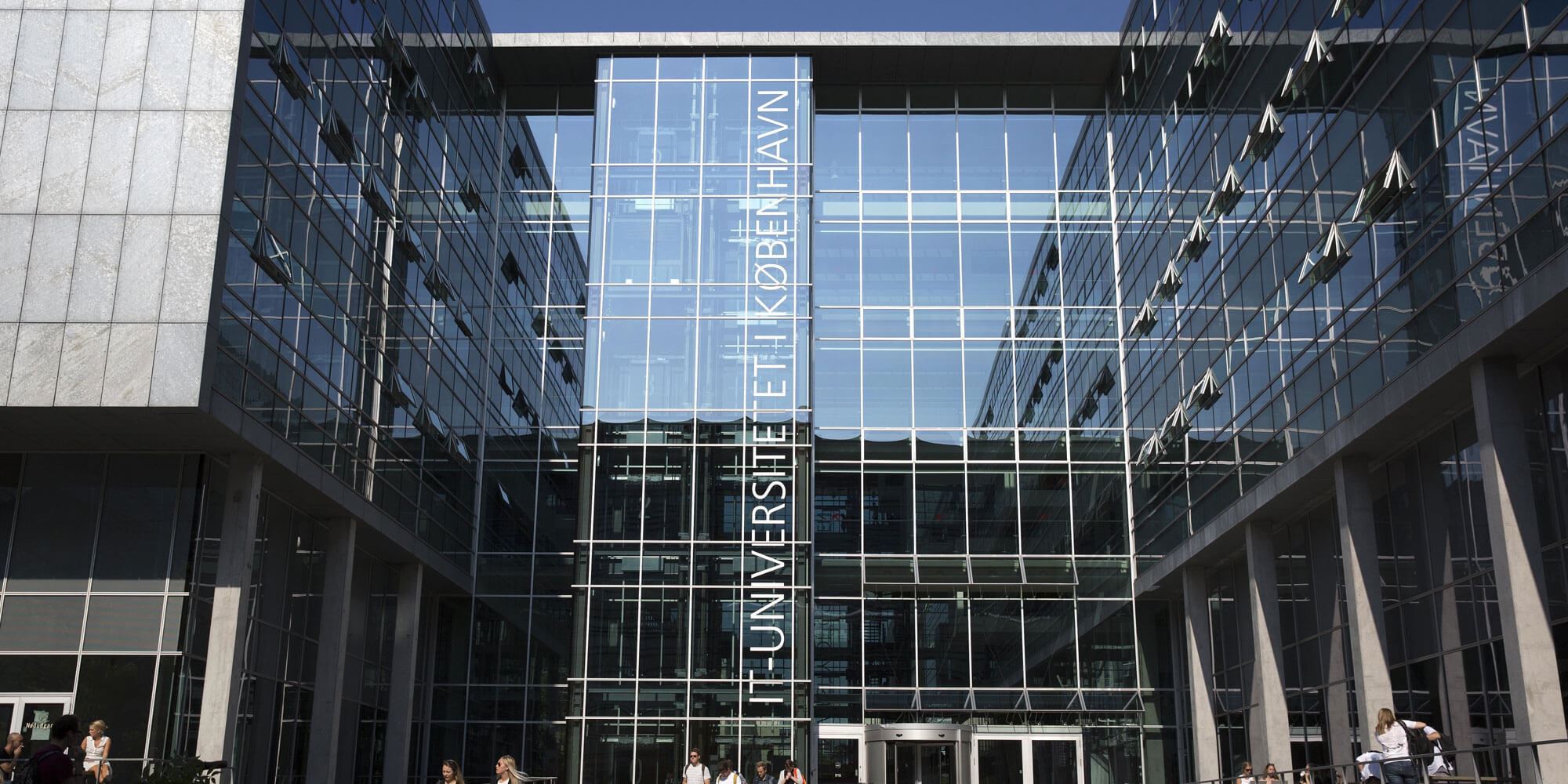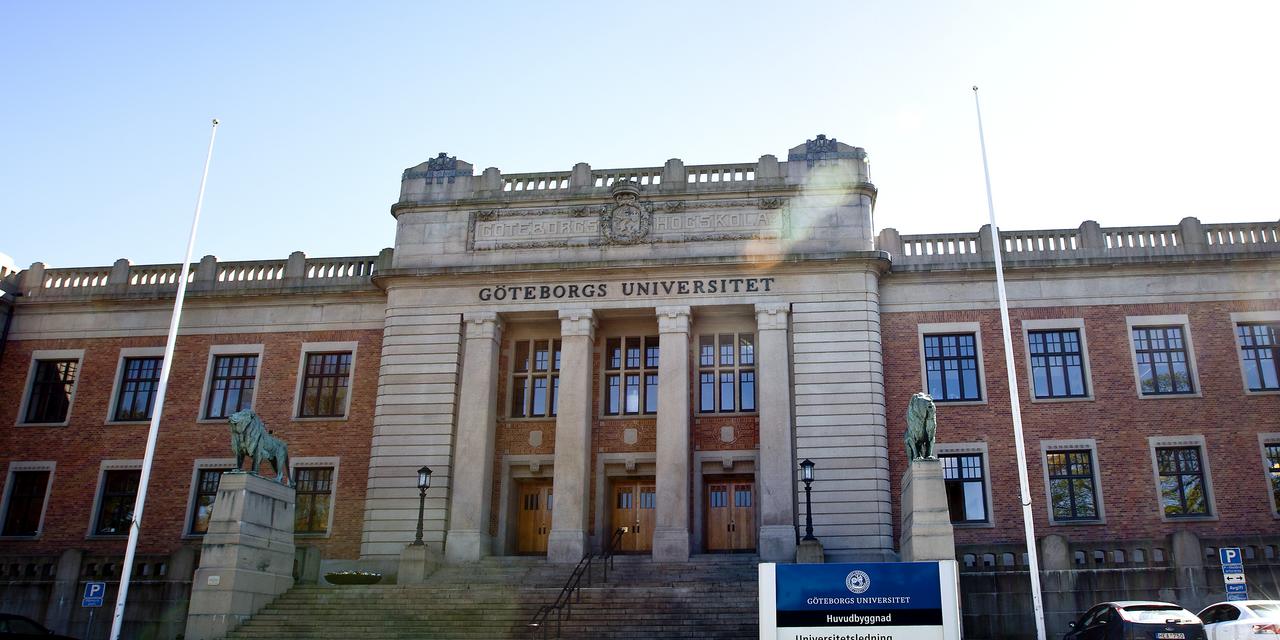We are looking to hire up to two highly motivated and dynamic researchers with a PhD or equivalent doctorate to join the Loos Group. Candidates should have a strong background in genetic epidemiology, epidemiology, statistical genetics, bioinformatics, computational biology, machine learning or a related field and have an interest in obesity, metabolism and precision health. The position is a 2-year position to start September 1, 2021 or after agreement.
Background
The Novo Nordisk Foundation Center for Basic Metabolic Research’s vision is to strengthen interdisciplinary research that transforms our basic understanding of the mechanisms that underlie metabolic health and disease, and to accelerate this knowledge towards new prevention and treatment strategies. We were established in 2010, and in 2017, we moved into new laboratories, offices and meeting rooms in the Maersk Tower www.maersktower.ku.dk.
The Center has around 260 employees who work in an international, highly collaborative research environment across a range of biomedical disciplines. You can read more about us here: www.cbmr.ku.dk.
Our group and research
The Loos Group aims to identify the key genetic and non-genetic determinants of body weight regulation to gain insight into the deeper layers of biology that underlie obesity and metabolism. Additionally, we aim to improve prediction, prevention and treatment through implementation of precision health strategies. You can read more about the Loos Group here.
Your job
Successful candidates will have the opportunity to work on one or more of the following projects:
In the first project, we aim to gain insight into the deeper layers of biology that underlie body weight regulation and fat distribution. We do this through the discovery of genes and genetic variations that are associated with obesity and other adiposity traits.
This project requires expertise in genetic association analyses. Knowledge of bioinformatic tools to translate variant-to-function is an asset.
In the second project, we aim to determine the genetic and non-genetic determinants of body weight through deep-phenotyping of individuals at high vs. low genetic risk for obesity in recall-by-genotype studies.
This project requires insight into the role of rare genetic variations in obesity. Experience in epidemiology and knowledge of deep physiological phenotyping are assets.
In the third project, we will build a precision health cohort to identify key predictors of individuals’ metabolic responses to diet and exercise, in an effort to improve precision of lifestyle recommendations for optimal health.
This project requires experience with wearable, mobile and sensor technologies and expertise in generating and integrating multi-modal data to better understand complex disease.
Profile
We are looking for highly motivated and enthusiastic researchers who, in addition to the desired expertise stated above, have the following skills and qualifications:
- PhD in genetic epidemiology, epidemiology, statistical genetics, bioinformatics, computational biology, machine learning or a related field
- Strong computational background and expertise in dealing with large (genomic) data sets
- Extensive experience with analysing data, interpreting results, and concisely summarizing key messages
- An active interest in obesity, metabolism, nutrition, physical activity, lifestyle and precision health
- Interest in conceiving and designing new projects, in line with the group’s research focus
- Proven track record showing scientific productivity in peer-reviewed journals
- Proficient communication skills and ability to work in multi-disciplinary teams
- Experience in supervising other researchers at different levels
- Excellent English communication skills, both written and spoken
Place of employment
The place of employment is at the Novo Nordisk Foundation Center for Basic Metabolic Research, Maersk Tower, Panum Institute, University of Copenhagen. We offer creative and stimulating working conditions in a dynamic and international research environment.
Terms of employment
The employment as postdoc is a full time and fixed-term position for 2 years. Starting date is September 1, 2021 or after agreement.
Salary, pension and terms of employment will be in accordance with the agreement between the Ministry of Finance and AC (Danish Confederation of Professional Associations). Depending on qualifications, a supplement may be negotiated.
Non-Danish and Danish applicants may be eligible for tax reductions, if they hold a PhD degree and have not lived in Denmark the last 10 years.
The position is covered by the “Memorandum on Job Structure for Academic Staff at the Universities” from June 28, 2013.
Questions
For further information, please contact Professor Ruth Loos at ruth.loos@sund.ku.dk. For questions regarding the recruitment procedure, please contact SUND HR CBMR at SUND-HR-CBMR@sund.ku.dk.
International applicants may find these links useful www.ism.ku.dk (International Staff Mobility) and https://www.workindenmark.dk/ .
Application procedure
Your online application must be submitted in English by clicking ‘Apply now’ below. Furthermore, your application must include the following documents/attachments – all in PDF format:
- Motivated letter of application (max. one page)
- CV incl. education, work/research experience, language skills and other skills relevant for the position
- A certified/signed copy of a) PhD certificate and b) Master of Science certificate. If the PhD is not completed, a written statement from the supervisor will do.
- List of publications
Application deadline: 30 June, 23.59pm CET
We reserve the right not to consider material received after the deadline, and not to consider applications that do not live up to the abovementioned requirements.
The further process
After the expiry of the deadline for applications, the authorized recruitment manager selects applicants for assessment on the advice of the hiring committee. All applicants are then immediately notified whether their application has been passed for assessment by an unbiased assessor. Once the assessment work has been completed each applicant has the opportunity to comment on the part of the assessment that relates to the applicant him/herself.
You can read about the recruitment process at https://employment.ku.dk/faculty/recruitment-process/
The applicant will be assessed according to the Ministerial Order no. 242 of 13 March 2012 on the Appointment of Academic Staff at Universities.
The University of Copenhagen wishes to reflect the diversity of society and welcome applications from all qualified candidates regardless of personal background.
Part of the International Alliance of Research Universities (IARU), and among Europe’s top-ranking universities, the University of Copenhagen promotes research and teaching of the highest international standard. Rich in tradition and modern in outlook, the University gives students and staff the opportunity to cultivate their talent in an ambitious and informal environment. An effective organisation – with good working conditions and a collaborative work culture – creates the ideal framework for a successful academic career.
.jpg/1200px-Kommunehospitalet_(Copenhagen).jpg)


